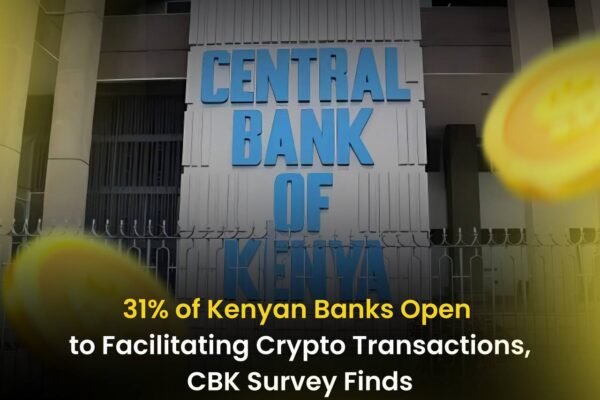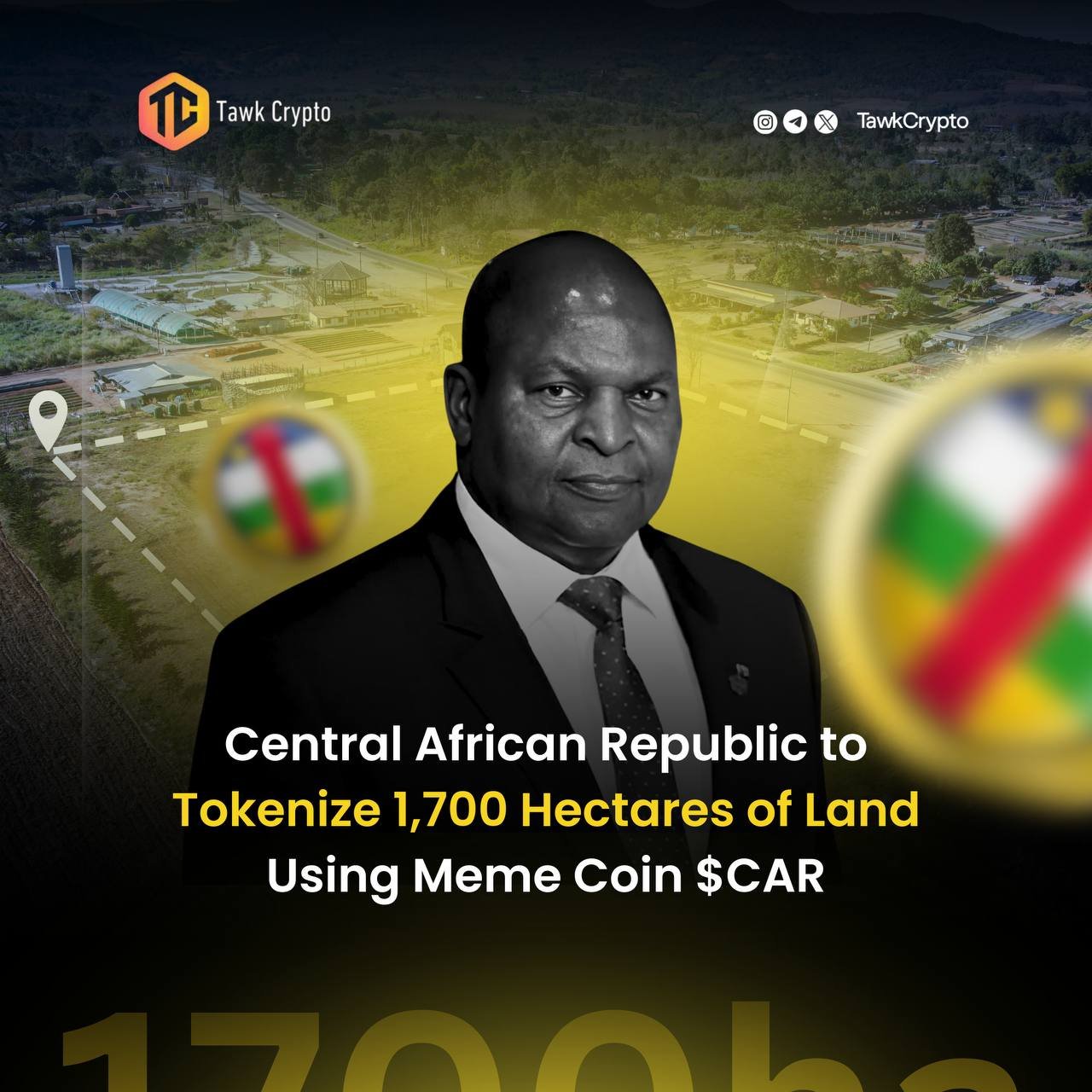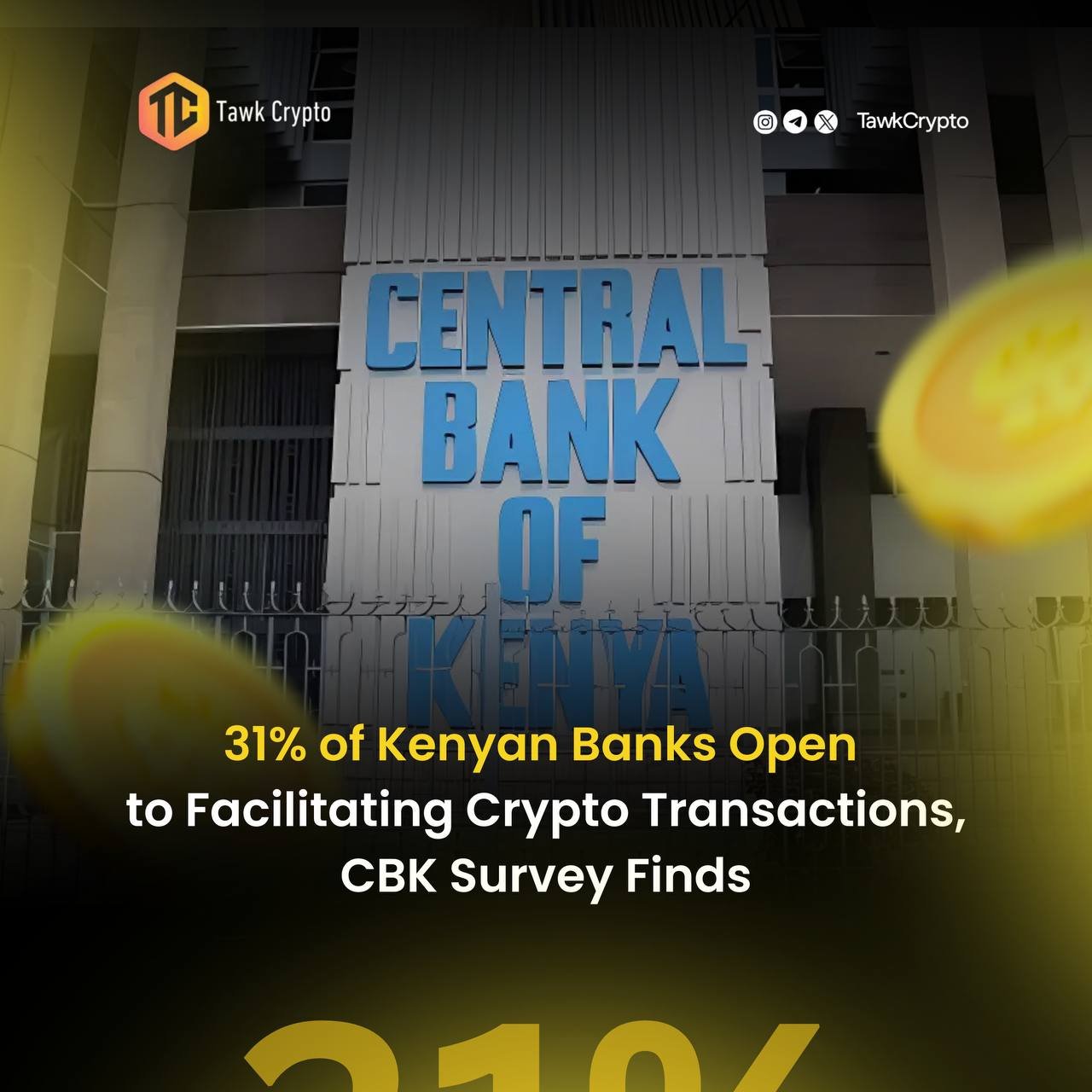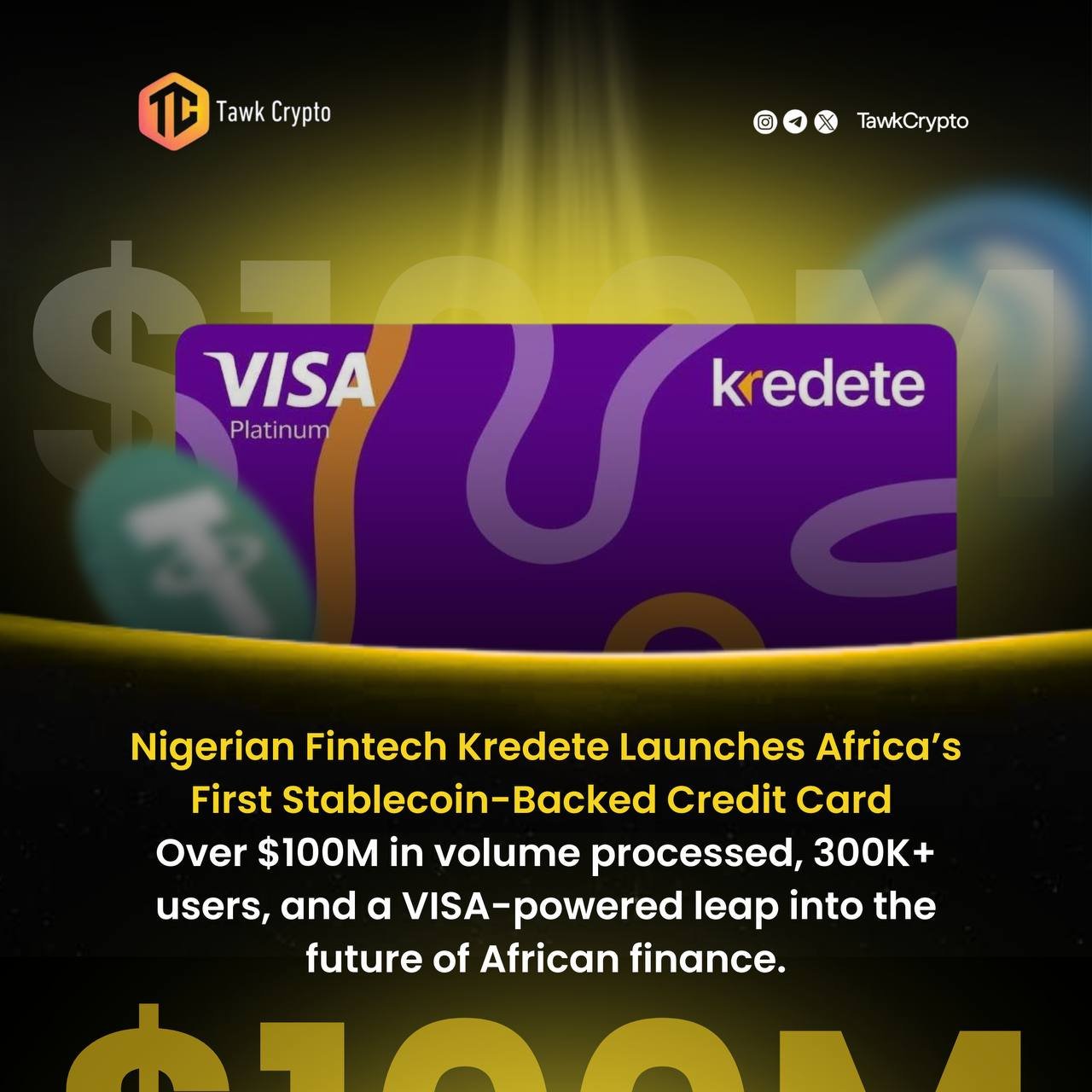

Keep Bitcoin Away from South Africa’s Strategic Reserve, Says Helen Zille
In a recent development that has stirred debate within South Africa’s financial circles, Democratic Alliance federal chair Helen Zille, while expressing her personal bullishness on bitcoin, has firmly cautioned against the use of the cryptocurrency as a strategic reserve asset by the state.
A Candid Address at “Adopting Bitcoin”
Speaking at the “Adopting Bitcoin” conference in Cape Town, Zille outlined her personal approach to crypto investments—investing every “spare penny” in digital assets—while emphasizing that her support for bitcoin does not extend to its role in government reserves. “I invest in crypto personally, but the state’s strategic reserve should remain untouched by such volatile assets,” Zille remarked. Her comments came at a time when the idea of using bitcoin as a reserve asset has gained traction in some quarters, notably after its adoption by countries like El Salvador.
Lessons from El Salvador
Zille acknowledged that El Salvador’s experiment with bitcoin had tangible benefits; by using bitcoin to reduce its dependence on the U.S. dollar, the Latin American nation managed to lower its debt significantly as the cryptocurrency more than doubled in value. However, she stressed that South Africa’s financial regulators must exercise caution. South Africa’s strategic reserve, as defined by the South African Reserve Bank, comprises traditional assets such as gold, foreign exchange, special drawing rights, and forex deposits—assets that are well-understood and have a proven track record in safeguarding national economic stability.
Quoting South Africa’s second deputy minister of finance, DA’s Ashor Sarupen, Zille noted, “The scale of debt in South Africa is such that if we use unclassified assets, it could trigger a major increase in the risk premium in the bond market, which in turn could trigger currency issues. While there is scope for the Reserve Bank and the national treasury to test crypto assets, we would not advise using them to deal with our debt because it creates too many risks that could blow up the cost of borrowing and trigger a massive debt recall, ultimately leading to a currency crisis.”
Divergent Views: Manyi’s Optimism
In contrast, MK Party chief whip Mzwanele Manyi voiced a more bullish perspective on bitcoin’s potential as part of a strategic reserve. Citing past instances of rand manipulation by both foreign and local banks, Manyi argued that bitcoin’s inherent characteristics of transparency, decentralisation, and fairness could offer a robust alternative. “With bitcoin, there is no introduction fee or kickback—everything is verifiable,” Manyi said, adding that investing 5% of the strategic reserve (roughly R50 billion) in bitcoin could potentially grow to R380 billion in five years if current trends continue.
A Cautious Approach from the Reserve Bank
These contrasting views come on the heels of recent remarks by South Africa’s Reserve Bank governor, Lesetja Kganyago, who warned at the World Economic Forum in Davos about the dangers of letting lobbyists dictate asset choices for national reserves. Kganyago argued, “I would have a significant problem with a lobby that says governments should hold this or that asset without consideration for the strategic intent of government. There is a history with gold, but if we now say bitcoin, then what about platinum, coal, or even strategic beef reserves? Why bitcoin?” His comments underscore the need for a balanced approach that weighs innovation against the core objectives of national economic stability.
The Path Forward
As South Africa deliberates its stance on incorporating crypto assets into its strategic reserves, Zille’s cautious position is a reminder of the inherent volatility of digital assets. While bitcoin and other cryptocurrencies continue to attract significant interest from retail investors and forward-thinking individuals, their role in national financial strategy remains a contentious issue.
For now, both policymakers and industry experts agree that further studies, robust risk assessments, and clear regulatory frameworks are essential before considering any significant shift in South Africa’s reserve composition. In the meantime, figures like Helen Zille and leaders in the crypto space continue to engage in these critical debates, paving the way for a more informed and resilient financial future.
Stay tuned to TawkCrypto for more updates on how South Africa and other nations are navigating the intersection of traditional finance and disruptive crypto technologies.
Read: A Look at the State of Crypto Regulation Across Africa in 2024







